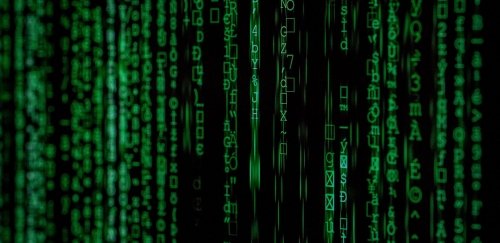Course Information
The Academic Rhode Map lists all the courses you will need to complete the program and graduate in a timely fashion:

There are more than 700,000 unfilled cybersecurity jobs nationwide, many of which pay more than $100,000/yr. Students will learn to become protectors and defenders of both public and private data, networks and computer systems. Topics covered include the latest threats, attacks and vulnerabilities; hardware and software fundamentals; cryptography techniques; secure scripting and programming; network and system security; organizational cyber needs; digital forensics; and law and ethics.
The B.S. in Cybersecurity program at Rhode Island College is housed within the Institute for Cybersecurity & Emerging Technologies, a regional center of excellence that provides education, programming and research to help develop Rhode Island’s cybersecurity industry. The institute is led by RIC alumnus James Langevin ’90, a former 11-term congressman and nationally recognized leader in the field. While representing Rhode Island in Congress, Langevin co-founded and co-chaired the House Cybersecurity Caucus.
The Academic Rhode Map lists all the courses you will need to complete the program and graduate in a timely fashion:
Students will:
This minor provides an overview of today’s major cybersecurity challenges. Students learn to utilize a cybersecurity mindset and to question processes and procedures to help create more secure environments. Courses draw the student’s attention to writing secure programs. Students also learn how to write scripts, program securely, practice various command line techniques and use hacking tools in a secure virtual machine environment. Ethics, current events, cybersecurity laws and standards will be introduced.

The Department of Computer Science and Information Systems is your source for technology-related majors.
